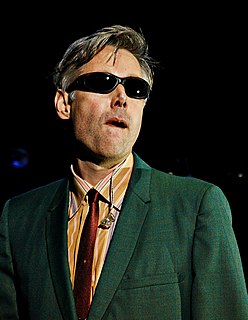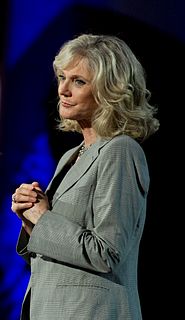A Quote by Sue Monk Kidd
Gender and race got very entwined in the 19th century, as abolition broke out, and then women wanted the right to speak about it.
Related Quotes
We, the people, gave the marching orders to our democratically-elected officials and instructed them. We wanted out of Vietnam and we got out of Vietnam. We wanted women's right to choose and we got women's right to choose. We got the EPA, we got the Clean Air Act, Water Act, we got rights for workers in the workplace to be protected from dangers. We accomplished pretty much all of what we wanted when we had the courage of our convictions. That is the missing ingredient.
Intersectionality has made an important contribution to social and political analysis, asking all of us to think about what assumptions of race and class we make when we speak about "women" or what assumptions of gender and race we make when we speak about "class." It allows us to unpack those categories and see the various kinds of social formations and power relations that constitute those categories.
In the beginning of the 19th century, maybe forty percent of women and fifty percent of men could produce a signature, which meant that they'd had at least three years of education because it was in third grade that people started penmanship in the 19th century. And of course black people could get killed if they got caught teaching themselves to read in some parts of the country.
I got to Broadway a year after I came to New York. I starred in 'Butterflies Are Free' and got a Tony for it. Right out of the gate. Maybe that's why I wasn't very gracious about it. I wasn't driven. And right after 'Butterflies Are Free', I got married and then started a family. I always wanted that.
It hurt the economic historians, the Marxists and the fabians, to admit that the Ten Hour Bill, the basic piece of 19th century legislation, came down from the top, out of aa nobleman's private feelings about the Gospel, or that the abolition of the slave trade was achieved, not through the operation of some "law" of profit and loss, but peurlet as the result of tyhe new humanitarianism of the Evangelicals.
There is not one particular moment that can account for the shift from the social issue concerns of 19th-century evangelicals into the state of American evangelicalism today. Some historical moments are telling. The rise of biblical criticism in the 19th century forced evangelicals to make choices about what they believed about the gospel.
The Anglo-American tradition is much more linear than the European tradition. If you think about writers like Borges, Calvino, Perec or Marquez, they're not bound in the same sort of way. They don't come out of the classic 19th-century novel, which is where all the problems start. 19th-century novels are fabulous and we should all read them, but we shouldn't write them.
Now, as Mandelbrot points out, ... Nature has played a joke on the mathematicians. The 19th-century mathematicians may not have been lacking in imagination, but Nature was not. The same pathological structures that the mathematicians invented to break loose from 19th-century naturalism turn out to be inherent in familiar objects all around us.
Although the stories are very present in my book, and very present in my mind, what I was most interested in was the question of why it had attracted such a following in the 18th Century. It's less mysterious that it attracted a following in the Romantic period, and in the 19th Century, but the early 18th Century when the Rationalists fell in love with it...that was mysterious. What I wanted to look at was the forms of enchantment.
People have asked me about the 19th century and how I knew so much about it. And the fact is I really grew up in the 19th century, because North Carolina in the 1950s, the early years of my childhood, was exactly synchronous with North Carolina in the 1850s. And I used every scrap of knowledge that I had.






































